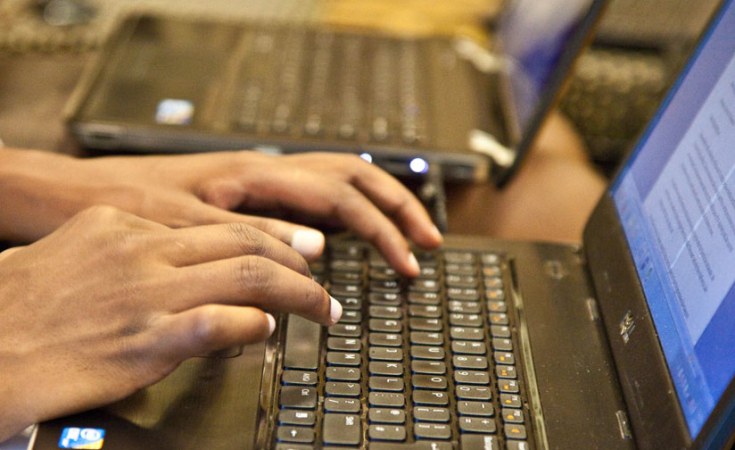The government of Rwanda is planning to connect at least 60 per cent of primary schools to the internet by 2024.
Currently, according to Diane Sengati, the Director of Digital Content and Instructional Technology at Rwanda Basic Education Board (REB), only 20 per cent and 57 per cent of primary and secondary schools respectively are connected despite internet penetration which is at 66 per cent in the country.
"We are connecting schools in collaboration with partners. Where there is no electricity and internet penetration, the schools are yet to be connected. We have a target to connect 60 per cent by 2024," she told The New Times.
She said that as schools get ICT tools such as one laptop per child and per teacher besides electricity, internet connectivity is also availed.
Currently, 57 per cent of teachers have laptops across the country, Sengati said.
"There is still a challenge of the high cost of internet per month for schools," she noted.
According to Emmanuel Mfitumukiza, the Chairperson of the Internet Society Rwanda Chapter, most of the rural schools are not yet connected.
"Therefore partners can also play a role in connecting such schools to contribute to government efforts. We have connected four primary schools in Bugesera district and the schools can also serve the community by increasing digital literacy," he said.
He said that internet connectivity in primary and secondary schools will help in the implementation of a competence-based curriculum.
"By implementing this curriculum, teachers and students should have access to ICT tools," he said.
Theophile Nkundingabo, the Head Teacher at GS Nyirarukobwa in Bugesera district said that the school got a digital library set up using technology that doesn't require internet connectivity.
"We had few books yet we have 1,023 pupils in Primary School and 210 in secondary school. Our teachers were not conversant with ICT tools. There is a need for increasing the internet in rural schools. The cost of the internet is high and schools can't afford it alone," he said.


